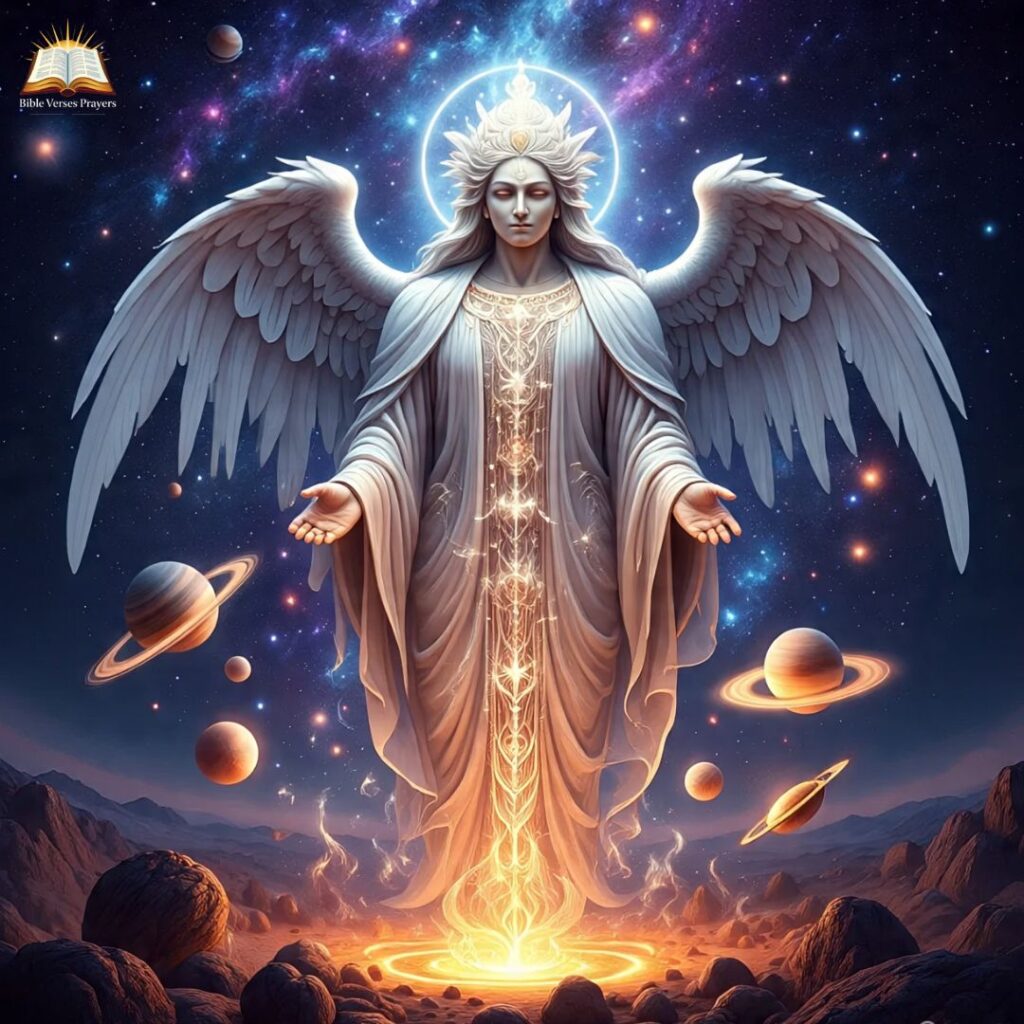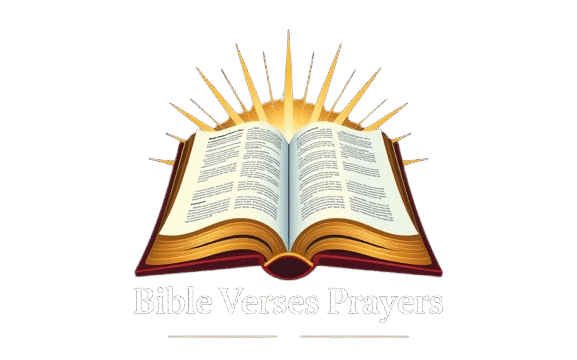The word Mazal (מַזָּל) continues to captivate spiritual seekers and cultural enthusiasts worldwide in 2025. Far beyond its popular association with luck, Mazal represents a profound concept that bridges ancient wisdom and contemporary understanding.
This Hebrew term encompasses destiny, divine influence, celestial alignment, and human agency in ways that remain remarkably relevant today.
As we explore the 45 trending meanings and interpretations of Mazal, we uncover a rich tapestry of spiritual wisdom that speaks to modern hearts seeking meaning, purpose, and connection to something greater than themselves.
Etymology and Linguistic Origins of Mazal
The term Mazal originates from the Hebrew root נ-ז-ל (n-z-l), fundamentally meaning “to flow” or “to drip down.” This flowing concept reflects ancient beliefs that celestial influences literally flow downward from heavenly realms to impact earthly existence.
Historical Linguistic Roots
- Ancient Mesopotamian Foundations: The earliest linguistic traces connect to Akkadian “manzaltu,” specifically referring to stellar positions and celestial stations. This astronomical foundation established the spiritual framework that continues influencing modern interpretations.
- Aramaic Evolution: In Aramaic, “mazala” described planetary movements and their perceived earthly influences. This usage created the astrological framework that remains central to Mazal’s meaning today.
- Biblical Hebrew Development: Biblical Hebrew “mazzāl” primarily meant “constellation” or “astrological sign,” appearing in sacred texts with clear astronomical references that shaped theological understanding.
- Contemporary Transformation: By 2025, Mazal has evolved into a multifaceted concept encompassing fate, fortune, blessing, spiritual alignment, and divine timing while maintaining its celestial connections.
Mazal in Jewish Thought and Tradition
Jewish tradition has wrestled with Mazal’s implications for millennia, creating sophisticated theological frameworks that balance divine predestination with human free will.
Biblical and Talmudic References
The Hebrew Bible mentions “Mazalot” in 2 Kings 23:5, referencing astrological constellations that King Josiah removed from temple worship. This establishes Mazal’s astronomical origins within Jewish scripture.
Talmudic literature expands significantly on Mazal’s meaning. Tractate Shabbat 156a contains extensive discussions about planetary influences on human character and destiny. The famous teaching “Everything depends on Mazal, even the Torah scroll in the ark” (Bava Metzia 42a) suggests divine providence operates through celestial mechanisms.
Rabbinic Perspectives on Mazal
- Orthodox Interpretation: Traditional authorities viewed Mazal as divine decree operating through natural celestial cycles, requiring acceptance and adaptation rather than resistance.
- Rationalist Approach: Maimonides and medieval philosophers largely rejected astrological determinism, emphasizing human choice and divine justice over stellar influence.
- Mystical Integration: Kabbalistic teachers reconceptualized Mazal as spiritual channels through which divine energy flows to individuals, making it both cosmic and deeply personal.
- Modern Synthesis: Contemporary Jewish thought blends these perspectives, viewing Mazal as divine providence working through natural patterns while preserving human agency and responsibility.
The Role of Mazal in Astrology and Mysticism

Jewish mysticism developed sophisticated astrological systems incorporating Mazal as a central organizing principle for understanding divine influence and human destiny.
The 12 Mazalot (Zodiac Signs) in Jewish Tradition
Jewish astrology recognizes twelve Mazalot corresponding to Hebrew months and zodiacal constellations:
| Hebrew Month | Mazal | English Sign | Spiritual Quality |
| Nisan | טלה (Taleh) | Aries | Spring renewal, liberation |
| Iyar | שור (Shor) | Taurus | Building, growth, stability |
| Sivan | תאומים (Teomim) | Gemini | Torah revelation, duality |
| Tammuz | סרטן (Sartan) | Cancer | Emotional depth, protection |
| Av | אריה (Arieh) | Leo | Destruction and rebuilding |
| Elul | בתולה (Betulah) | Virgo | Purification, preparation |
| Tishrei | מאזניים (Moznaim) | Libra | Divine judgment, balance |
| Cheshvan | עקרב (Akrav) | Scorpio | Hidden potential, transformation |
| Kislev | קשת (Keshet) | Sagittarius | Miraculous light, hope |
| Tevet | גדי (G’di) | Capricorn | Endurance, perseverance |
| Shevat | דלי (D’li) | Aquarius | New beginnings, innovation |
| Adar | דגים (Dagim) | Pisces | Hidden salvation, joy |
Each Mazal carries specific spiritual qualities that influence personal development, community events, and religious observance throughout the year.
Mazal in Modern Hebrew and Everyday Life
Contemporary Hebrew speakers integrate Mazal into countless expressions that reveal deep cultural attitudes toward fortune, timing, and divine blessing.
Common Expressions Using Mazal
- Mazal Tov (מזל טוב): The most recognized expression, literally meaning “good luck” but functionally meaning “congratulations” for significant life achievements including births, weddings, graduations, and personal victories.
- Mazal Gadol (מזל גדול): “Great fortune” – used when someone experiences extraordinary luck, unexpected success, or remarkable positive outcomes beyond normal expectations.
- Mazal Kasheh (מזל קשה): “Difficult luck” – acknowledging someone’s challenging circumstances with empathy and understanding rather than judgment.
- Mazal Sheli (מזל שלי): “My fate” – personal ownership of one’s circumstances, demonstrating acceptance and responsibility for both positive and negative experiences.
- Ein Li Mazal (אין לי מזל): “I have no luck” – common expression of frustration with persistent misfortune or challenging life patterns.
- Mazal Ra (מזל רע): “Bad luck” – describing unfortunate circumstances while maintaining belief that conditions can change.
These phrases demonstrate how Mazal permeates daily Hebrew conversation, creating a linguistic framework for discussing fate, fortune, and divine providence in everyday interactions.
Philosophical and Theological Perspectives on Mazal
The tension between predetermined fate and free will creates fascinating theological discussions within Jewish thought and broader spiritual communities.
Free Will vs. Destiny
- Deterministic View: Some traditions teach that Mazal represents divine decree that humans must accept, finding meaning through proper response and spiritual alignment rather than resistance to cosmic patterns.
- Libertarian Position: Rationalist Judaism emphasizes human choice and moral responsibility, viewing Mazal as general divine providence that individuals can significantly influence through righteous action and ethical behavior.
- Compatibilist Synthesis: Many modern Jewish thinkers propose that Mazal represents divine influence operating within human freedom, creating active partnership between heavenly guidance and earthly action.
- Practical Spirituality: Contemporary applications focus on aligning personal choices with perceived divine will while maintaining full responsibility for ethical behavior and life decisions.
How Mazal Influences Jewish Rituals and Customs?
Jewish religious life incorporates Mazal consciousness in numerous practical applications that connect daily life with cosmic rhythms.
Mazal in Life Events
- Birth Timing: Traditional families consider astrological timing when planning significant events, believing certain periods offer more favorable spiritual conditions for new beginnings.
- Wedding Planning: Couples often consult Hebrew calendars and mystical teachings to choose auspicious wedding dates that align with positive Mazal periods and avoid challenging astrological influences.
- Naming Ceremonies: Some families consider astrological influences when naming children, seeking names that harmonize with perceived spiritual destiny and cosmic alignment.
- Business Ventures: Religious entrepreneurs frequently time major business decisions according to Jewish calendar cycles and Mazal teachings for optimal spiritual and practical outcomes.
- Personal Development: Individual spiritual practices incorporate Mazal awareness for prayer timing, Torah study schedules, and charitable giving patterns.
Common Misconceptions About Mazal
Modern misunderstandings about Mazal often stem from oversimplified translations and cultural confusion that miss its deeper spiritual significance.
| Misconception | Reality |
| “Mazal simply means luck” | Mazal represents divine influence through celestial patterns and spiritual alignment |
| “Judaism completely rejects astrology” | Jewish tradition includes sophisticated astrological systems while emphasizing free will |
| “Mazal cannot be changed or influenced” | Prayer, charity, and righteous deeds can significantly alter spiritual destiny |
| “Mazal is mere superstition” | Mazal represents deep theological principles about divine providence and cosmic order |
| “Only Orthodox Jews believe in Mazal” | Mazal concepts appear across all Jewish denominations and secular Hebrew culture |
The Influence of Mazal in Other Cultures
Mazal’s influence extends beyond Jewish communities into broader Middle Eastern and global spiritual traditions, creating cross-cultural connections.
- Arabic Parallels: “Maqadir” (destiny) and “Naseeb” (portion) carry similar meanings to Mazal in Islamic culture, emphasizing divine decree balanced with human responsibility.
- Persian Connections: “Bakhte” represents fate and fortune in ways that parallel Jewish Mazal concepts, particularly regarding timing and spiritual alignment.
- Western Astrology: Modern astrological systems often incorporate Jewish Mazal teachings, particularly regarding divine timing and celestial influence on personal development.
- New Age Spirituality: Contemporary spiritual movements frequently adopt Mazal principles for understanding divine timing, karmic patterns, and personal destiny manifestation.
Practical Applications: What Mazal Means for You

Understanding Mazal offers practical guidance for navigating life’s challenges and opportunities in our complex modern world.
Can Mazal Be Changed?
Jewish teaching emphatically affirms that Mazal can be transformed through dedicated spiritual practice and ethical living:
- Prayer (Tefillah): Regular sincere communication with the divine creates channels for positive spiritual influence and divine favor.
- Charity (Tzedakah): Generous giving generates spiritual merit that can alter unfavorable conditions and attract positive energy.
- Repentance (Teshuvah): Honest acknowledgment of mistakes and genuine commitment to improvement opens new spiritual possibilities and divine grace.
- Torah Study: Engaging with sacred wisdom elevates consciousness and attracts positive spiritual energy through intellectual and spiritual growth.
- Good Deeds (Mitzvot): Consistent ethical behavior creates positive spiritual momentum that directly influences personal destiny and life circumstances.
Daily Practices Involving Mazal
- Morning Intention Setting: Beginning each day with gratitude and positive intention aligns personal energy with favorable spiritual currents and divine blessing.
- Calendar Awareness: Paying attention to Hebrew calendar cycles and monthly Mazal influences when making important personal and professional decisions.
- Blessing Practice: Regularly using “Mazal Tov” and similar expressions to acknowledge divine blessing in others’ lives, creating positive spiritual connections.
- Community Engagement: Active participation in synagogue life and Jewish community creates supportive spiritual environment that enhances positive Mazal.
- Charitable Giving: Consistent weekly or monthly charity as a practical means of generating positive spiritual merit and altering difficult circumstances.
- Meditation and Prayer: Daily spiritual practices that connect individual consciousness with divine will and cosmic harmony.
Conclusion
Mazal represents far more than simple luck or random chance. In 2025, this ancient Hebrew concept continues offering profound insights into the relationship between divine providence, cosmic influence, and human agency. Whether understood as astrological influence, spiritual energy, or divine blessing, Mazal provides a comprehensive framework for living with both acceptance and empowerment.
The diverse meanings and interpretations of Mazal explored here demonstrate its enduring relevance across traditional religious communities, modern spiritual seekers, and contemporary Hebrew speakers worldwide. As we navigate an increasingly complex and uncertain world, Mazal offers timeless wisdom about finding meaning, creating positive change, and recognizing the sacred patterns that connect heaven and earth.
Frequently Asked Questions
What is the literal meaning of Mazal?
Mazal literally means “to flow” or “constellation,” derived from Hebrew root נ-ז-ל, representing celestial influences flowing from heaven to earth.
Is Mazal the same as luck?
No, Mazal is much deeper than luck. It represents divine providence, spiritual alignment, and the interplay between cosmic forces and human choice.
Can someone change their Mazal?
Yes, according to Jewish teaching, Mazal can be improved through prayer, charity, repentance, Torah study, and ethical behavior.
Do all Jews believe in Mazal?
Mazal appears across Jewish denominations but with varying interpretations, from literal astrological influence to metaphorical divine providence.
How is Mazal used in modern Hebrew?
Mazal appears in common expressions like “Mazal Tov” (congratulations) and shapes how Hebrew speakers discuss fate, fortune, and divine blessing.






